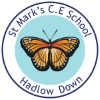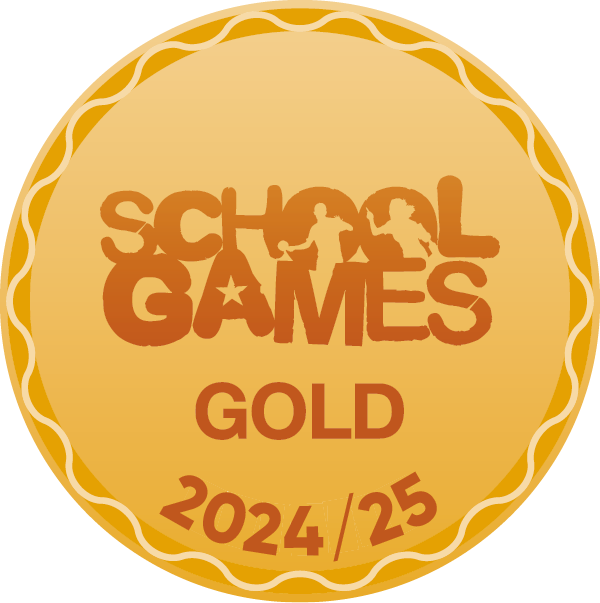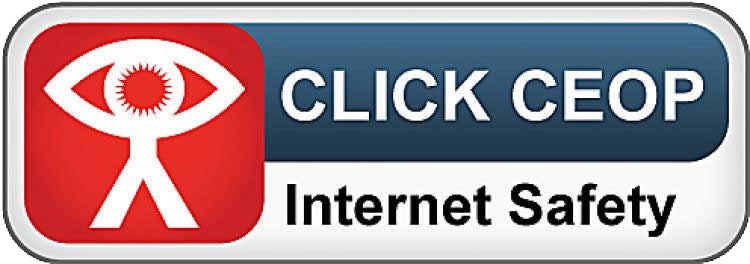Music
Curriculum Statement
At St Mark’s, music is an extremely important subject for all children to learn, and can lead to better brain development, increase in human connection and boost creativity. The National Curriculum for music aims to ensure that all pupils:•Perform, listen to, review and evaluate music
•Learn to sing, create and compose music
•Understand and explore how music is created, produced and communicatedThrough our curriculum, we aim to inspire our children to have a life-long love of music and a desire to learn how to develop as musicians. Is it our intention to help children feel that everyone is musical. We focus on developing the skills, knowledge and understanding that children need in order to become confident performers, composers and listeners. Our scheme of work introduces children to music from all around the world and across generations, teaching children to respect and appreciate the music of all traditions and communities.We encourage our children to develop music skills of singing, playing tuned and untuned instruments, improvising and composing music, alongside listening and responding to a wide range of musical styles and genres. They will also develop an understanding of the history and cultural context of the music that they listen to and learn how it can be written down.Overall, our music curriculum intends to engage and inspire all our children in order to increase self-confidence, creativity and sense of achievement.
Intent
We believe that music plays an integral role in helping children to feel part of a community, therefore we provide opportunities for all children to create, play, perform and enjoy music both in class and to an audience. Through assemblies and key stage performances, children showcase their talent and their understanding of performing with awareness of others. Through lessons, children gain a firm understanding of what music is through listening, singing, playing, evaluating and composing across a wide variety of historical periods, styles, traditions, and musical genres. We are committed to ensuring children understand the value and importance of music to their own and others’ lives and wellbeing and also the impact music has in the wider community.
Implementation
Music lessons are delivered through the Charanga music platform, with sequences of lessons tailored to our wider class topics: carefully planned lessons provide children with the opportunities to review, remember, deepen and apply their understanding. The elements of music are taught in every lesson so that children are able to use the language of music to dissect it, and understand how it is made, played, appreciated and analysed. Children learn how to play the recorder and the glockenspiel, as well as a variety of tuned and untuned percussion instruments. Playing various instruments enables children to use a range of methods to create notes, as well as how to read basic music notation. They also learn how to compose, focusing on different dimensions of music, which in turn feeds their understanding when listening, playing, or analysing. Composing or performing using body percussion and vocal sounds is also part of the curriculum, particularly in EYFS and Key Stage 1, which develops the understanding of musical elements without the added complexity of an instrument.
Impact
Children's musical skills and understanding are built year on year, from singing nursery rhymes and action songs from memory and performing simple rhythm patterns on tuned and untuned percussion instruments in Early Years and Key Stage 1, progressing their skills and understanding in LKS2 where they also experience whole class instrumental tuition on the recorder, to further developing their skills and knowledge of the subject in UKS2, where the children access music confidently, and have the ability to read and follow a simple musical or graphical score, further cemented through instrumental tuition on the glockenspiel.
Throughout all of this the children’s enjoyment of music is a key element, running alongside the ‘taught’ musical skills and objectives. The integral nature of music and the learner creates an enormously rich palette from which a student may access fundamental abilities such as: achievement, self-confidence, interaction with and awareness of others, and self-reflection. Music also allows for development of an understanding of culture and history, both in relation to students individually, as well as ethnicities from across the world. Children are able to enjoy music, in as many ways as they choose- either as listener, creator or performer. They can dissect music and comprehend its parts. They can sing and feel a pulse. They have an understanding of how to further develop skills less known to them, should they ever develop an interest in their lives.
Pupil performances show the direct positive impact that music lessons have on their learning, as it gives all pupils an opportunity to shine. There is weekly whole school singing assembly, where pupils sing a wide range of hymns and songs. There are many opportunities for pupils to perform at St Mark's, such as Harvest Festival, Christingle and Easter celebrations. Year 5 and 6 also perform in their end of year show.
Pupils receive feedback during performing tasks in each lesson and pupils also self-assess their own and others work, suggesting what was effective in performances and what could have been improved. Pupils work is recorded as often as possible and then listened back during lessons as part of the self-review that is important for pupils to become competent musicians. This also forms an important aspect of assessing progression over time. Pupil performances in and outside of lessons are also filmed and do provide a wonderful way to finish a topic. Upon leaving St Mark's, pupils are well equipped with a range of skills from being confident performers and composers to using music as a form of self-expression. Pupils leave St Mark's enabled to succeed in music lessons from KS3 and beyond generating a love and appreciation of music throughout their whole life.
Instrumental Music lessons
Learning to play a musical instrument provides children with an experience that enriches their lives in so many ways and children will learn musical skills that help develop a deep love of Music. All pupils are invited to learn to play an instrument and lessons at St Mark's are provided by Create Music who provide staff to teach a wide range of individual and group instrumental lessons.The following instruments are currently available through Create Music, Violin, and Keyboard/Piano. To find out more about the opportunities available please visit createmusic.org.uk

 St Mark's
St Mark's

